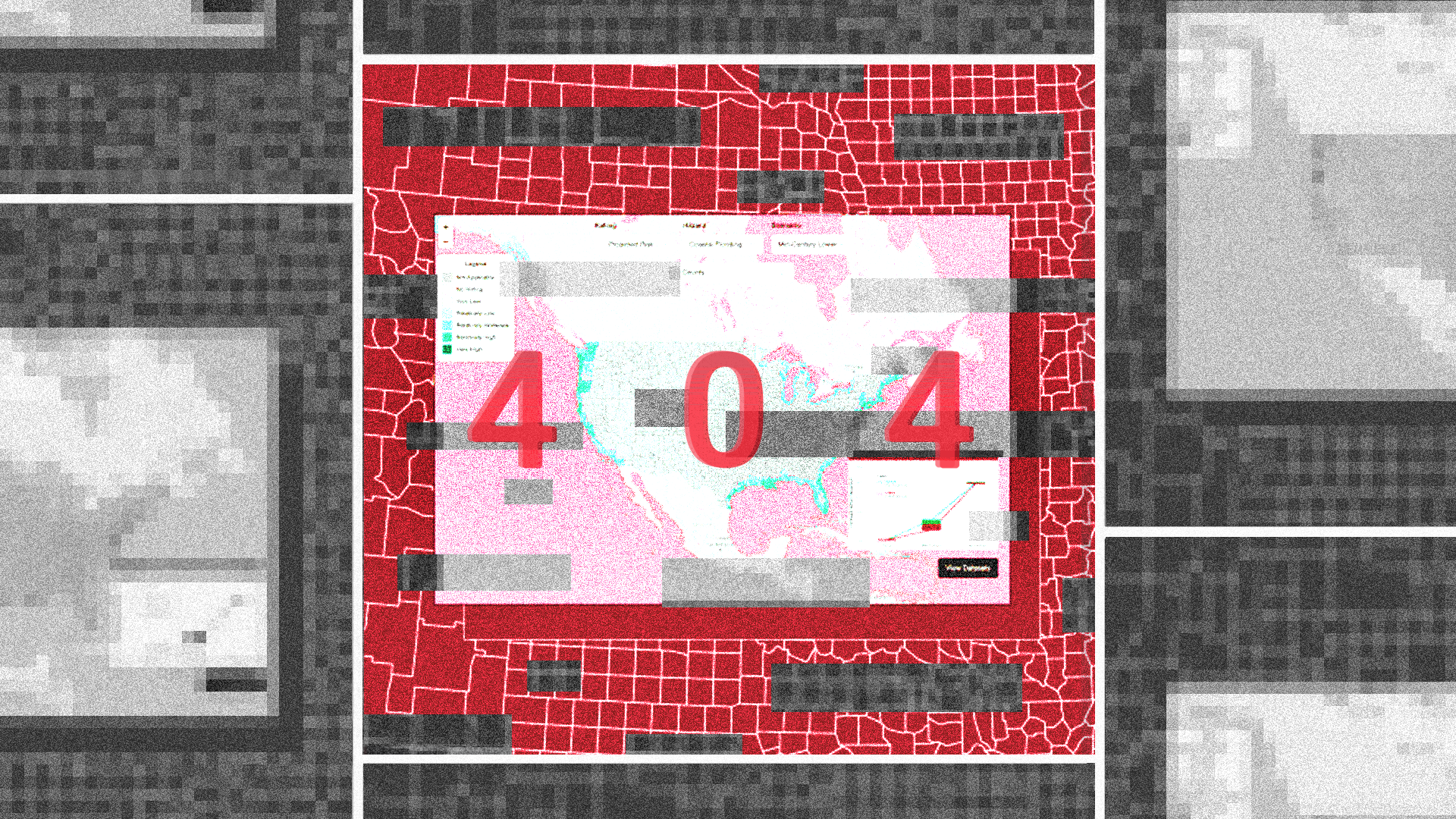Trump has ordered the USDA to take down government websites referencing the climate crisis. Maverick scientists are fighting back and scrambling to preserve public data.
Trump still believes climate change is a hoax and is tyrannically plotting to ensure the American people take his word for it.
Given there was a 40% decrease in the term across the websites of federal environmental agencies in his last tenure, scientists are bracing for another purge of similar, or greater proportions.
Since the dreaded announcement came in February, a climate portal on the Department of Defense’s page has been scrapped along with the dedicated site for the Department of State. I’ve linked both, for your displeasure.
These are two just two casualties of the blanket directive, which also orders the elimination of any policy positions or funding related to climate change or ‘environmental justice.’ Under the guise of economic growth and practicality, the Trump administration classifies any capital or information related to the state of our planet as a waste or distraction.
The tirade recently targeted the Federal Management Agency’s ‘Future Risk Index’, a popular online tool which projects economic loss based on extreme weather events like floods or wildfires in real time.
BREAKING: On his first day in office, President Donald Trump announced that the United States will withdraw from the #ParisAgreement on climate change.
Read the statement by @AniDasguptaWRI, President & CEO, WRI: https://t.co/pvFW0ROByj pic.twitter.com/B4o09anOfr
— World Resources Institute (@WorldResources) January 20, 2025
In an instant, years of precious data collected from the likes of NASA, the Environmental Protection Agency, and the National Oceanic and Atmospheric Administration went kaput… or so the President’s minions thought.
With a hunch that Trump’s return to office would mean another ecological exodus for public records, two rogue software engineers backed-up versions of the toolkit just in case it wound up in the search light.




















